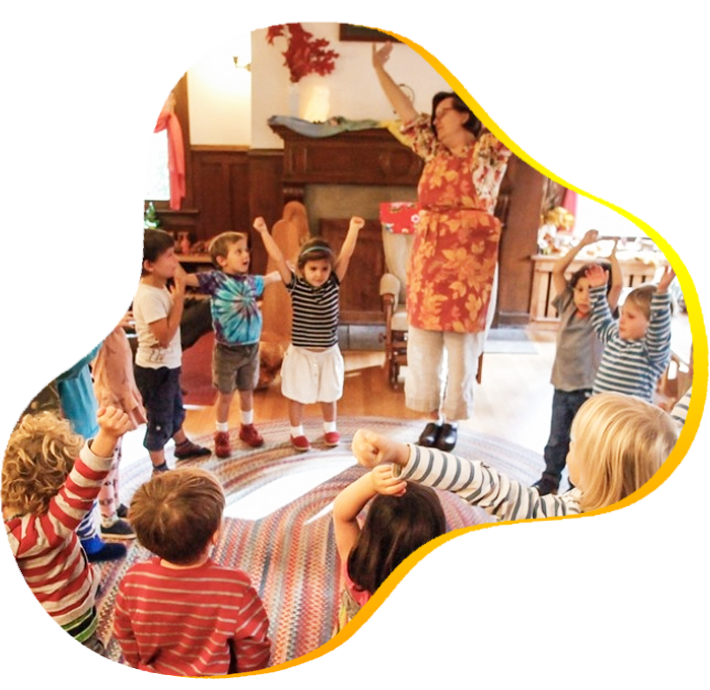Exploratoriums™
Projects & Affiliates
Iam Learning My Way
Active Projects
Resources, Ideas & Links
Join GEAC™Be a Partner
Webinars Teaching Lessons
In Brief
Our goal is to offer the most innovative and student-centered education. Our aim is to provide every corner of the world with the best cutting-edge educational programs.
About Us
Exploratoriums™
Projects & Affiliates

Subscribe to our Mailing List
Don’t miss any news, updates, notices, activities or events with GEAC™, kindly sign up Now!
[wp_subscription_forms alias="subscription_form"]

##### Coming Soon
*******@geac.global

Address / Location
Coming Soon
[mc4wp_form id="9431"]
© 2024 — Global Education Advisory Consortium™ (GEAC). All Rights Reserved.


